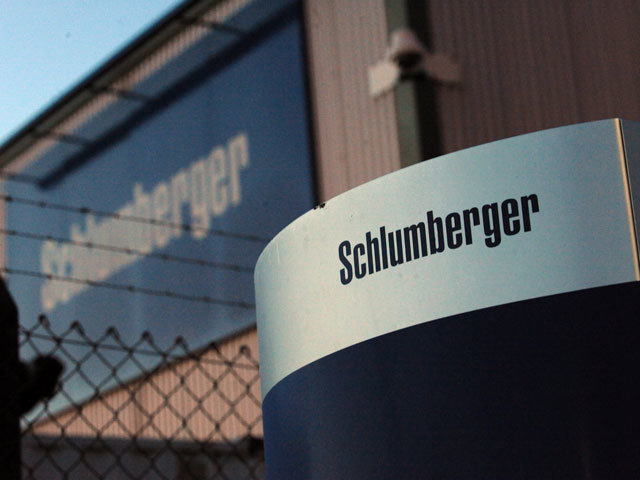
I remember clearly the chit-chat in the 1980s about the prospects of creating some form of Scottish Schlumberger. It was a worthy ambition but ultimately one that was never going to be achieved.
Despite the downturn Schlumberger is a $30 billion-turnover company that employs 115,000 people. That would have been well worth having on Scotland’s corporate CV and its balance sheet.
So why did that particular pipedream and many others not come to fruition? Well, here’s a big clue.
An MP, speaking recently on a politics programme, was remembering a conversation with his German opposite number at a conference while he was a junior government minister.
He asked the German why his country was so good at manufacturing. The German said: “You put your financial people on pedestals. We put our engineers on ours.”
This is entirely true. In the UK, financial services are now considered more important than manufacturing and the City is one of the biggest sources of tax revenue. Witness here in Scotland the obsession our development agency Scottish Enterprise has with so called “fintech” and the number of times it mentions it on its Twitter feed.
Since the early 1980s and following Margaret Thatcher’s so-called “Big Bang” and the rapid deregulation of the financial markets, banking culture has changed dramatically for the worse in terms of support for industry – and particularly manufacturing.
I am horrified by the recent revelations regarding the behaviour of the banks, but RBS in particular tops the league table for the mistreatment of businesses through the now well publicised activities of its Global Restructuring Group.
However, what is even more horrifying is that the regulator – the Financial Conduct Authority – is effectively only issuing a minor slap on the wrist as punishment whereas, frankly, I believe a number of the bankers involved should be on their way to jail.
Earlier this year, it was reported that 30 out of the 32 senior managers in the RBS Global Restructuring Group are now working for the new RBS Restructuring unit. I consider that outrageous.
The endemic culture of greed and self-interest across the banking sector goes a long way to explaining why we never created that Scottish Schlumberger and why we’re not doing a lot of other things we should be doing when it comes to manufacturing, especially in renewables, robotics and the pharma sector.
Short-termist, risk-averse, reactive not proactive and a view that their role is not to encourage growth or broaden the economy but to simply do their best for their shareholders and their bonus pot – this way of doing things is simply not sustainable.
We desperately need change. We’re getting a Scottish Investment Bank but we need something else and I suggest that this should be a network of regional banks similar to the German “Sparkassen” system.
It has 50 million customers, 42% of the market and provides 70% of small company finance. It has no owner, operates according to commercial principles, but without the aim of profit maximisation – and it cannot be sold.
It is the sort of organisation that would have supported the Aberdeen University team that developed the full-body MRI scanner to manufacture it in Scotland rather than licence the technology as they were eventually forced to do.
A Sparkassen network might also have helped build a Scottish Schlumberger, but now it could support the development of a high-value renewables manufacturing sector in areas such as fuel cells, electrolysers and associated applications.
It may also have avoided the Scottish Government having to import electric vehicle chargers via England to support their latest climate change policy efforts.
Mind you, if they’d had their wits about them I’m sure Scottish Enterprise could have supported a Scottish electrical engineering company to build these.
There’s a catch though. There is no way that Westminster would let Scotland set up a Sparkassen-style network. Holyrood has no control over financial regulations or banking licences. Westminster itself isn’t interested in the Sparkassen concept because it’s too wedded ideologically to the conventional banking set-up.
So while the idea may be a good one it probably won’t be achievable without independence, which Brexit may precipitate. This means the chap I met at a New Year’s party who said “I’m in banking” – to which I replied, “so nothing useful then” – could, for the time being, still be safe in his job.
Momentous Change published research in February showing that the sector undertaking the most preparation for Brexit was the banking sector – but on behalf of itself rather than its customers. Sort of sums the sector up really.
Recommended for you
